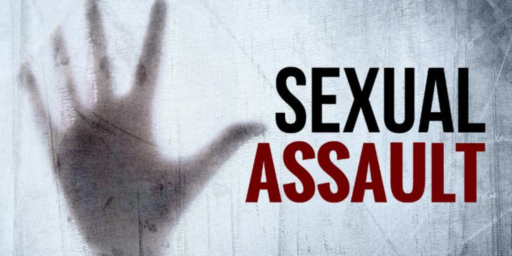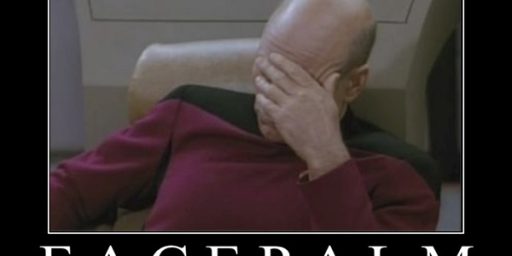AIR MARSHALS
The U.S. government’s undercover air marshal program is playing a broader role in protecting the skies by working more closely with the FBI and responding to criminal activities aboard aircraft, director Tom Quinn said yesterday.
“It’s not about taking a seat on an airplane every day,” Quinn told a security conference in Herndon organized by the Air Line Pilots Association. “It’s not just about the hijacking of the aircraft.”
The air marshals’ role was expanded after they were transferred from the Transportation Security Administration to the Department of Homeland Security’s Immigration and Customs Enforcement agency. The move allows the marshals to expand their role as “law enforcement officers,” in a change from their previous function before the terrorist attacks as “civil aviation security specialists,” Quinn said.
Quinn said the several thousand undercover air marshals who fly on commercial aircraft every day have become more involved in working with the FBI’s Joint Terrorism Task Force. For example, he said air marshals joined FBI agents in retrieving evidence from a Southwest Airlines plane in Houston last month, after box cutters and other dangerous items were discovered on board. Other incidents have involved unruly passengers who assaulted flight crew members, he said. In the past, air marshals have focused primarily on thwarting terrorists and protecting the cockpit.
At least one air marshal is assigned to each of the 56 national field offices of the FBI’s Joint Terrorism Task Force, Quinn said.
The agency will soon begin training all of the 5,500 customs and immigration law enforcement officers in air marshal tactics, so they could be deployed in a “surge” capacity when needed, Quinn said. The size of the air marshal service has fluctuated over the last several decades, depending on perceived threats. In the 1970s, the nation had 2,500 sky marshals, as they were called then, but the number had dropped to just 33 at the time of the terrorist attacks in 2001.
The service does not disclose publicly how many undercover marshals are flying, but at any given time they are aboard only a fraction of the nation’s 26,000 daily flights.
Interesting. It’s unclear what good they’re doing but at least their presence is unobtrusive, unlike the useless security inspectors at airports.





